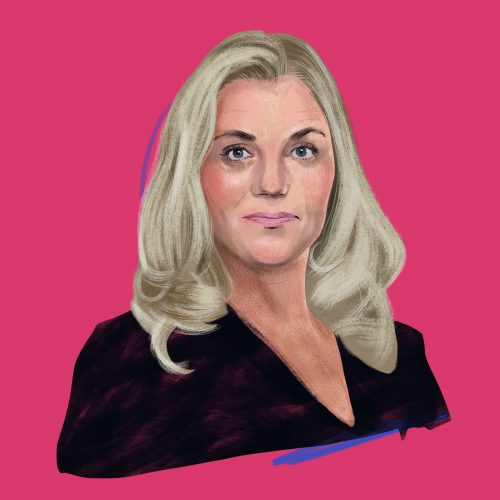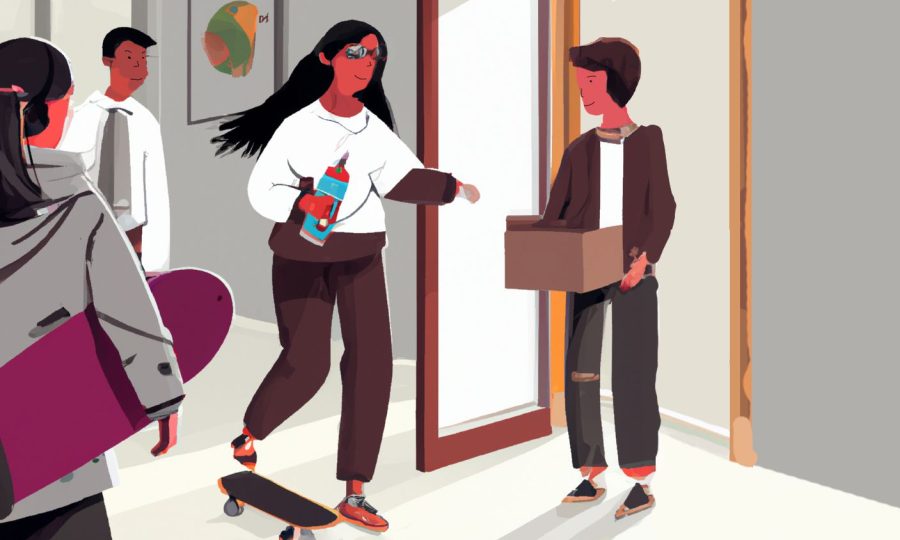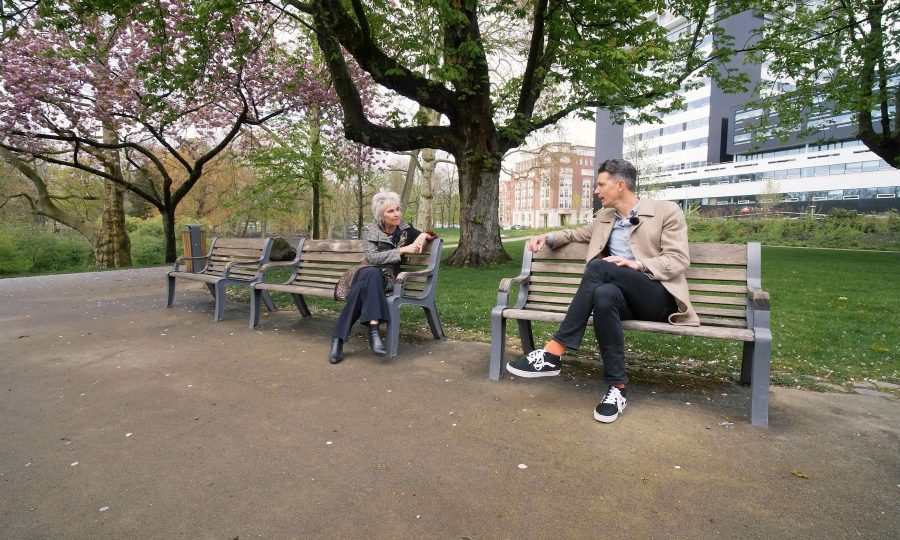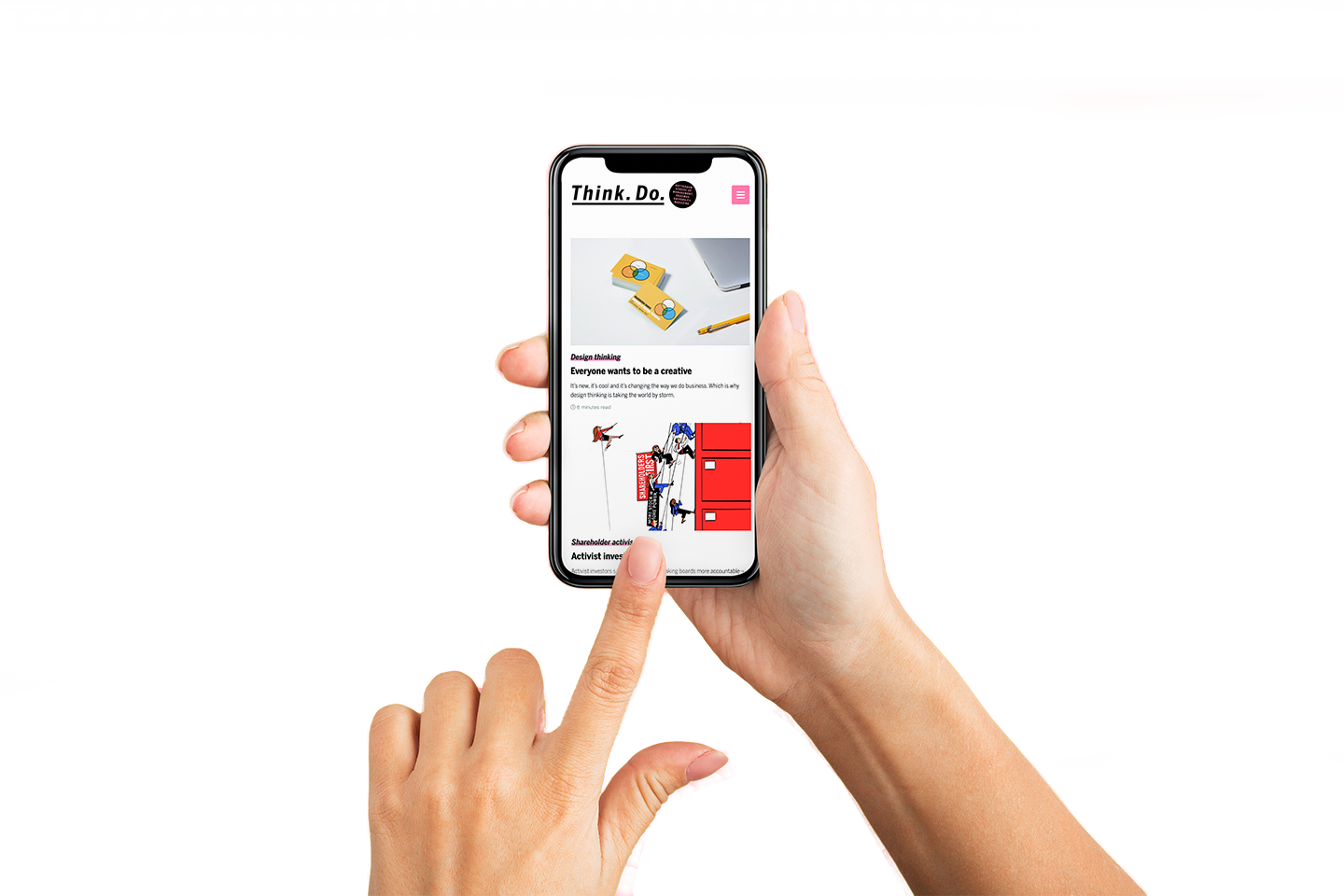Think you’re objective?
Think again. When it comes to addressing bias, Dorothy Grandia says we all have work to do to achieve more diverse teams.

Women need to support each other in these initiatives. The higher they go on the career ladder, the fewer there are, and that gives the impression there's no room for more.
Gender bias exists everywhere. Both men and women will think an identical CV is better if it has a man’s rather than a woman’s name at the top. And while it’s unrealistic to think you can beat all bias, you can intervene at an individual and organisational level.
That’s the message we at the Erasmus Centre for Women and Organisations drive home in the customised programmes we deliver, applying scientific research with a human touch. We know that different people and situations require different approaches but, ultimately, it’s about challenging managers’ beliefs in their own objectivity, which they tend to overestimate. When it comes to promotion, they think they are using hard, rational criteria to evaluate a candidate, but we’ll walk them through all the subjective elements that they haven’t seen. A group of people from the same background and gender might appear to make efficient decisions. While the same process with a more diverse group might take longer and be messier, it will make for better choices.
Changing leadership culture is a ‘wicked’ problem – there are so many factors involved. We hear “there just aren’t enough women” or “it’s the women themselves, they just don’t want it”. But they don’t see what we call the ‘invisible women’ in middle management who leave because they’ve grown frustrated after several years of not making progress. We don’t just look at the top layer – we look at the issue from hiring, retention and progression.
Women need to support each other in these initiatives. The higher they go on the career ladder, the fewer there are, and that gives the impression there’s no room for more. We want to level the playing field, and that requires us to understand both men and women are biased to roughly the same degree.
Throughout the Covid-19 pandemic, big, systemic issues have been put under the spotlight, such as the need for flexibility. The time when people are most likely to progress in their careers coincides with that really demanding period when we first have kids. How companies view an individual’s readiness to progress doesn’t accommodate the rigours of being a working mom. I hope we can lose our rigid expectations of how leaders should look and behave.
If you are a woman who is struggling to progress, we want to show there are scientifically proven measures you can take individually and as a group to shake things up. We help women build informal networks to start changing the conversation at work and create a threshold of support for policy-based change.
I get great satisfaction from working with people who feel empowered by the programme. Then there’s the added value of creating groups of women who will go into the world and support each other. That’s better for everyone – the economy, business, society. I can go to bed at night and think “that was a great day’s work”. These things don’t happen overnight, it’s a long game.
Keep learning
Join a free webinar with the Erasmus Centre for Women and Organisations, or learn more about their programmes



